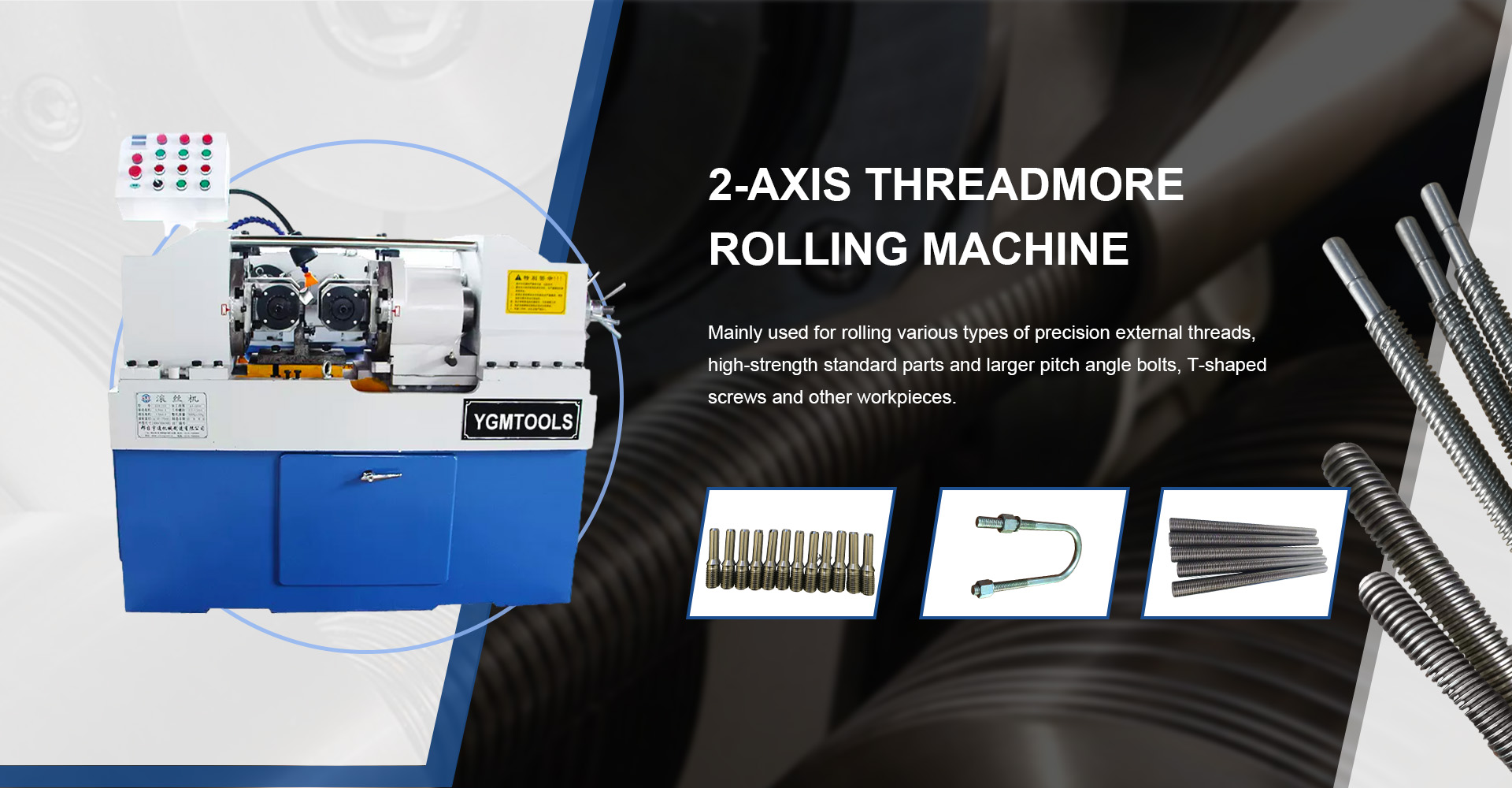
-
 Afrikaans
Afrikaans -
 Albanian
Albanian -
 Amharic
Amharic -
 Arabic
Arabic -
 Armenian
Armenian -
 Azerbaijani
Azerbaijani -
 Basque
Basque -
 Belarusian
Belarusian -
 Bengali
Bengali -
 Bosnian
Bosnian -
 Bulgarian
Bulgarian -
 Catalan
Catalan -
 Cebuano
Cebuano -
 Corsican
Corsican -
 Croatian
Croatian -
 Czech
Czech -
 Danish
Danish -
 Dutch
Dutch -
 English
English -
 Esperanto
Esperanto -
 Estonian
Estonian -
 Finnish
Finnish -
 French
French -
 Frisian
Frisian -
 Galician
Galician -
 Georgian
Georgian -
 German
German -
 Greek
Greek -
 Gujarati
Gujarati -
 Haitian Creole
Haitian Creole -
 hausa
hausa -
 hawaiian
hawaiian -
 Hebrew
Hebrew -
 Hindi
Hindi -
 Miao
Miao -
 Hungarian
Hungarian -
 Icelandic
Icelandic -
 igbo
igbo -
 Indonesian
Indonesian -
 irish
irish -
 Italian
Italian -
 Japanese
Japanese -
 Javanese
Javanese -
 Kannada
Kannada -
 kazakh
kazakh -
 Khmer
Khmer -
 Rwandese
Rwandese -
 Korean
Korean -
 Kurdish
Kurdish -
 Kyrgyz
Kyrgyz -
 Lao
Lao -
 Latin
Latin -
 Latvian
Latvian -
 Lithuanian
Lithuanian -
 Luxembourgish
Luxembourgish -
 Macedonian
Macedonian -
 Malgashi
Malgashi -
 Malay
Malay -
 Malayalam
Malayalam -
 Maltese
Maltese -
 Maori
Maori -
 Marathi
Marathi -
 Mongolian
Mongolian -
 Myanmar
Myanmar -
 Nepali
Nepali -
 Norwegian
Norwegian -
 Norwegian
Norwegian -
 Occitan
Occitan -
 Pashto
Pashto -
 Persian
Persian -
 Polish
Polish -
 Portuguese
Portuguese -
 Punjabi
Punjabi -
 Romanian
Romanian -
 Russian
Russian -
 Samoan
Samoan -
 Scottish Gaelic
Scottish Gaelic -
 Serbian
Serbian -
 Sesotho
Sesotho -
 Shona
Shona -
 Sindhi
Sindhi -
 Sinhala
Sinhala -
 Slovak
Slovak -
 Slovenian
Slovenian -
 Somali
Somali -
 Spanish
Spanish -
 Sundanese
Sundanese -
 Swahili
Swahili -
 Swedish
Swedish -
 Tagalog
Tagalog -
 Tajik
Tajik -
 Tamil
Tamil -
 Tatar
Tatar -
 Telugu
Telugu -
 Thai
Thai -
 Turkish
Turkish -
 Turkmen
Turkmen -
 Ukrainian
Ukrainian -
 Urdu
Urdu -
 Uighur
Uighur -
 Uzbek
Uzbek -
 Vietnamese
Vietnamese -
 Welsh
Welsh -
 Bantu
Bantu -
 Yiddish
Yiddish -
 Yoruba
Yoruba -
 Zulu
Zulu
High-Precision Thread Rolling Machines for OEM Rebar Manufacturing Applications
Understanding OEM Rebar Thread Rolling Machines
In the construction and manufacturing industries, the demand for strong and reliable steel reinforcement is paramount. One of the key components in enhancing the durability and strength of concrete structures is the use of rebar (reinforcing bar). To ensure that these bars fit together seamlessly, manufacturers employ specialized machinery known as thread rolling machines.
What is an OEM Rebar Thread Rolling Machine?
OEM stands for Original Equipment Manufacturer, indicating that the machines are produced by a company that designs and builds their own products, often under their own brand. An OEM rebar thread rolling machine is a device specifically engineered to produce threads on rebar in a highly efficient manner. These machines allow for the creation of high-quality threaded ends on rebar, which enable the bars to be securely joined together, providing added strength to concrete structures.
How Does it Work?
Thread rolling machines utilize a process that rolls the threads onto the rebar rather than cutting them. This process helps to preserve the structural integrity of the steel while providing a superior surface finish. The machinery operates using hardened steel rollers that are shaped to create the desired thread profile. As the rebar is fed into the machine, it passes between these rollers, which compress the material to form the threads.
The advantages of this process are significant. By rolling the threads rather than cutting them, the original tensile strength of the material is maintained. Furthermore, the rolling process does not produce metal shavings, thus reducing waste and making it a more environmentally friendly option compared to traditional cutting methods.
Benefits of Using OEM Rebar Thread Rolling Machines
1. Enhanced Strength The rolling process increases the density of the threads, leading to improved load-bearing capacity. This ensures that structures can withstand greater stresses without failure.
oem rebar thread rolling machine

2. Cost Efficiency By reducing material waste and improving production efficiency, OEM rebar thread rolling machines help manufacturers decrease their overall production costs.
3. Consistent Quality OEM machines are designed to maintain precise specifications and tolerances, resulting in consistently high-quality threads that reduce the risk of failure during use.
4. Versatility Many OEM machines come with the flexibility to handle various sizes and types of rebar. This adaptability makes them suitable for a wide range of construction projects.
5. Increased Productivity With advanced automation features, these machines often operate faster than traditional methods, allowing manufacturers to produce more threaded rebar in less time.
Applications in the Construction Industry
Rebar thread rolling machines are essential in several applications within the construction sector. Whether it is residential buildings, bridges, or industrial structures, the threaded rebar provides a reliable method of joining steel bars, enhancing the overall rigidity and safety of the structures.
In addition to conventional construction, the use of threaded rebar is increasingly gaining traction in seismic-resistant designs. In regions prone to earthquakes, the ability of rebar to expand and contract without compromising the structural integrity is crucial for the safety of the inhabitants.
Conclusion
In conclusion, OEM rebar thread rolling machines play a vital role in modern construction by providing an efficient, cost-effective, and high-quality solution for reinforcing structures. As the demand for robust infrastructure continues to rise globally, the significance of these machines will only grow, underpinning the importance of innovation in construction technology. Investing in high-quality OEM thread rolling machines is, therefore, essential for manufacturers looking to enhance their production capabilities and ensure the long-term durability of their projects.
